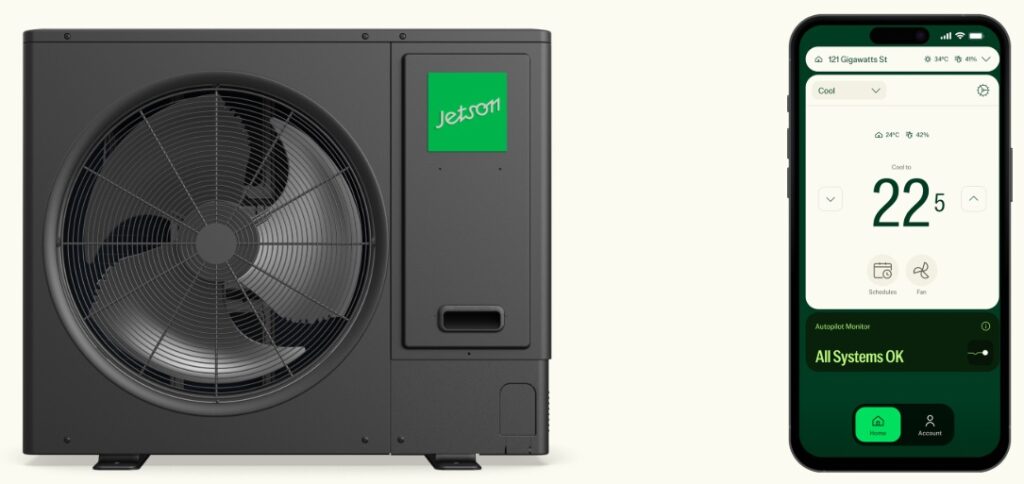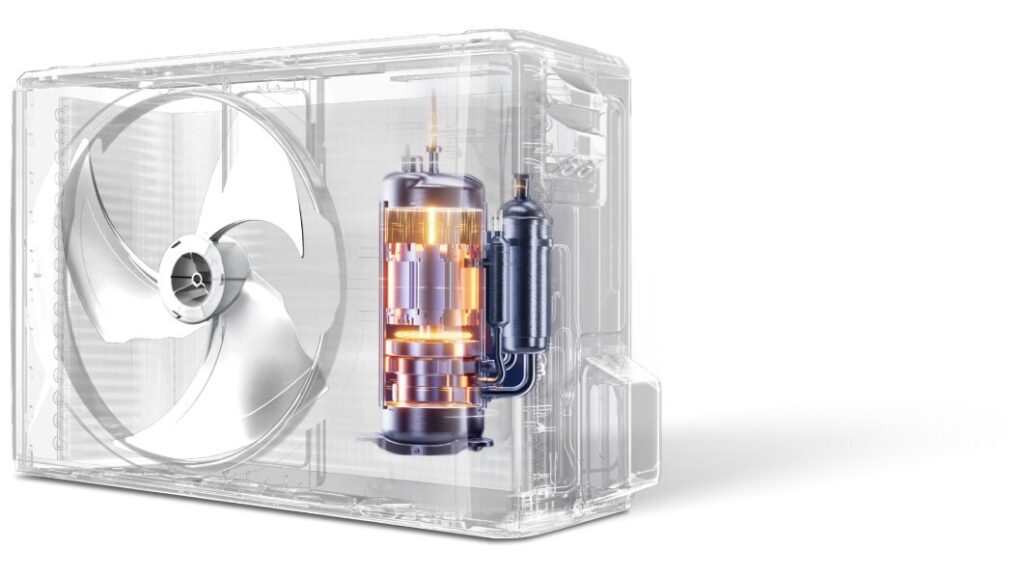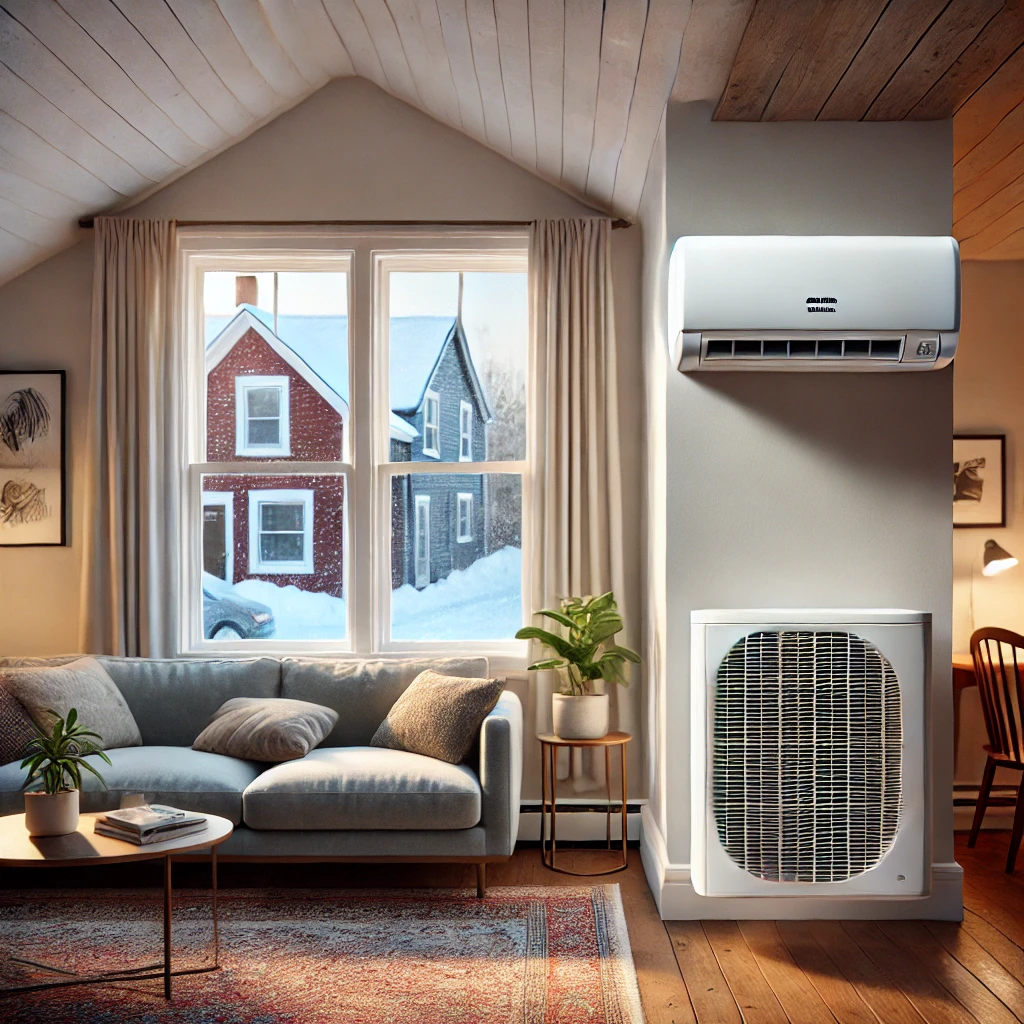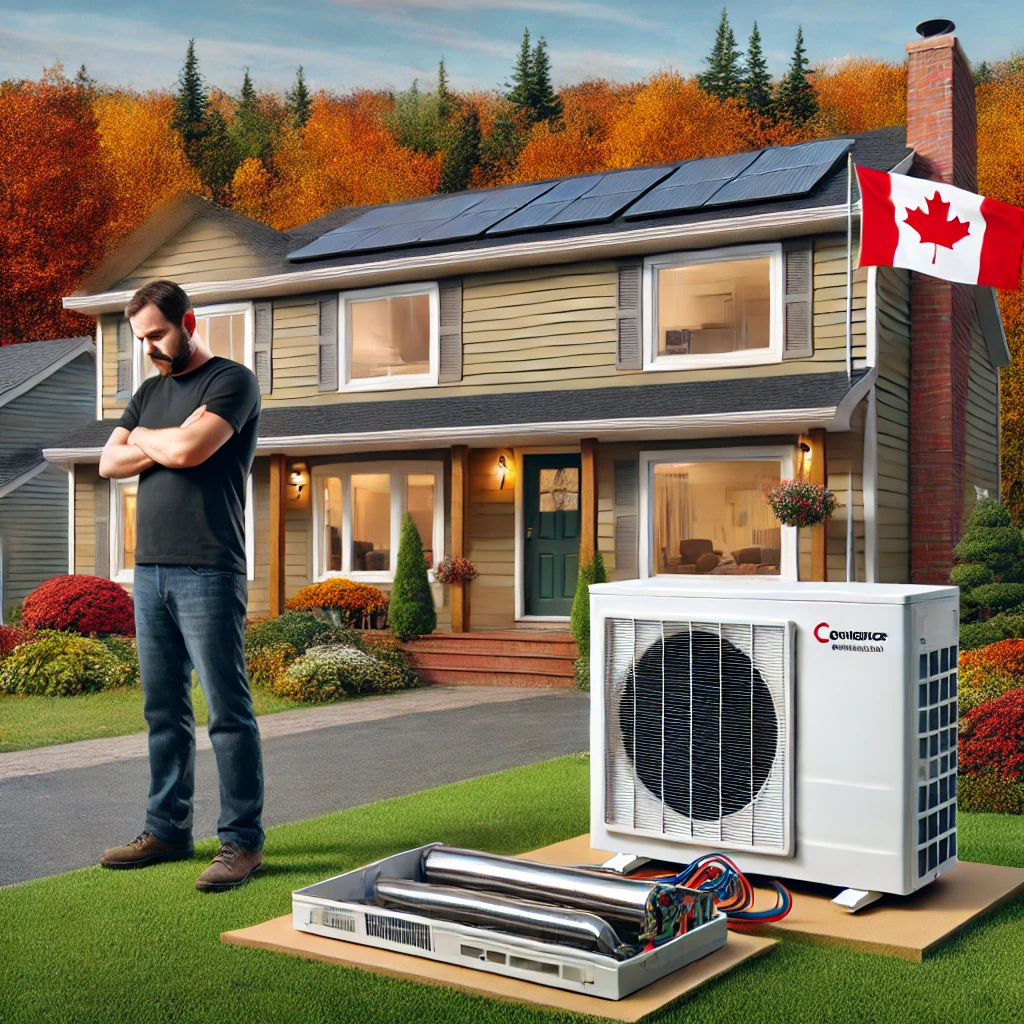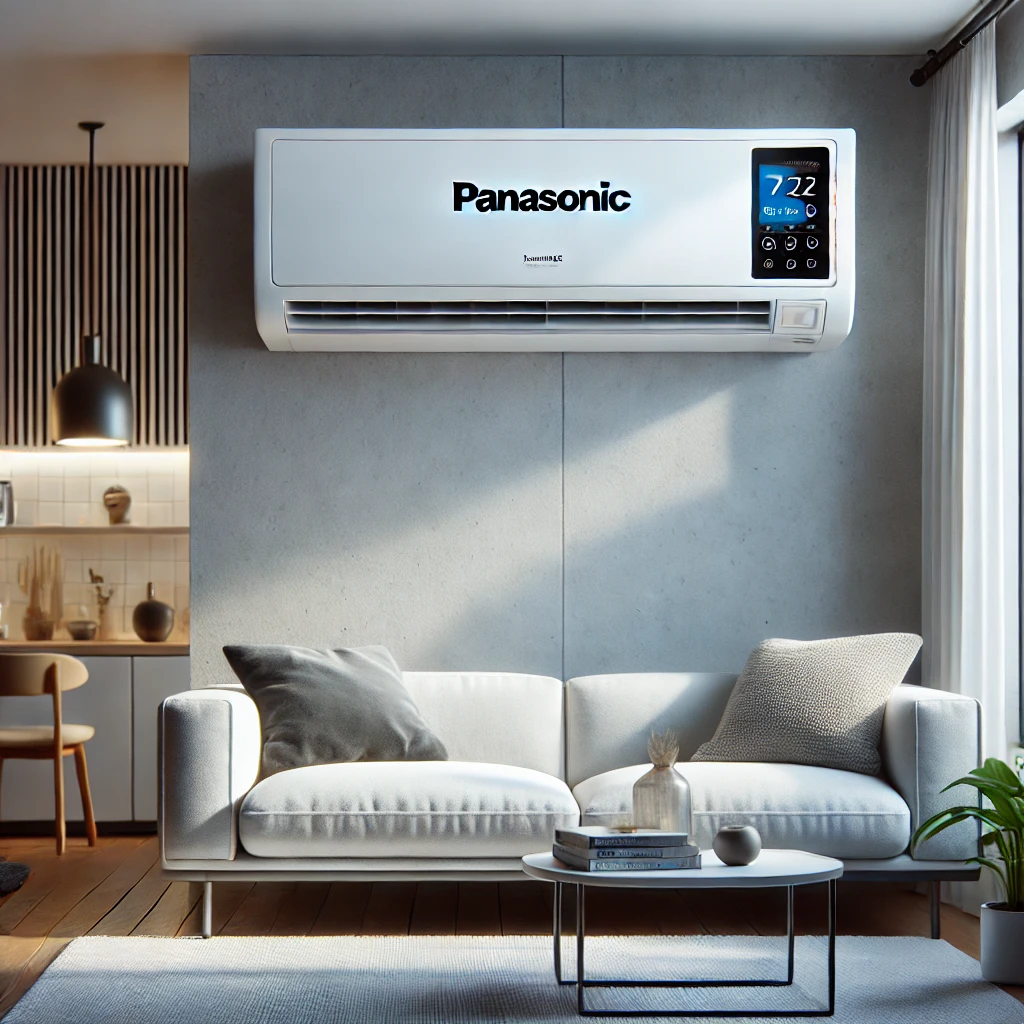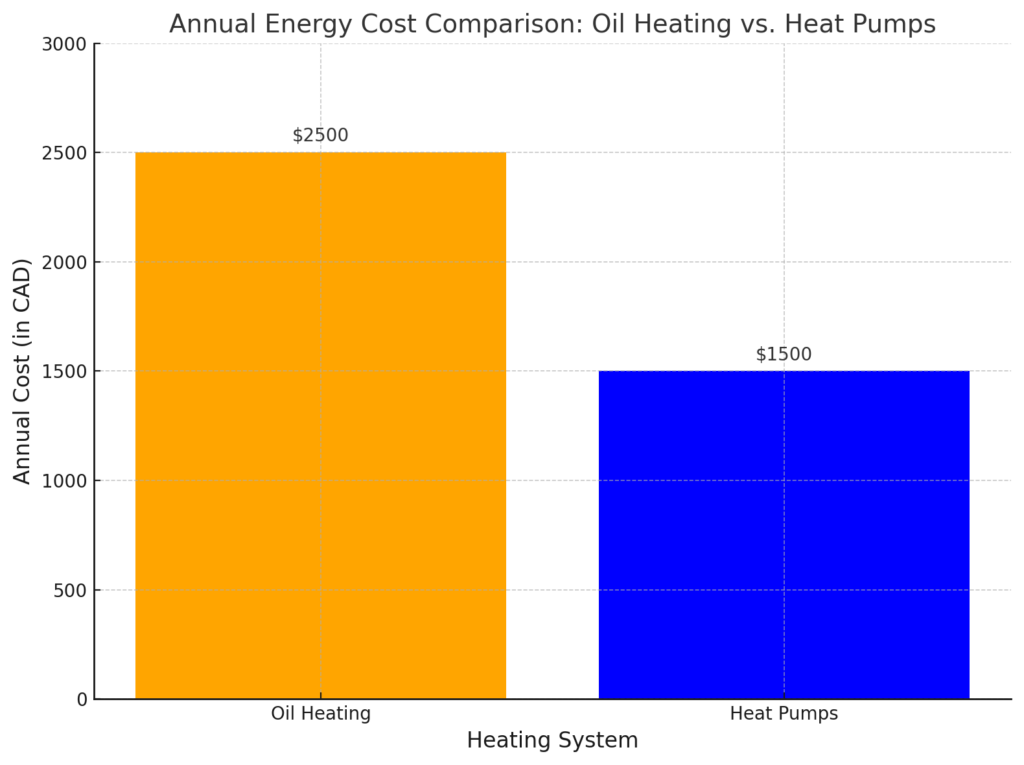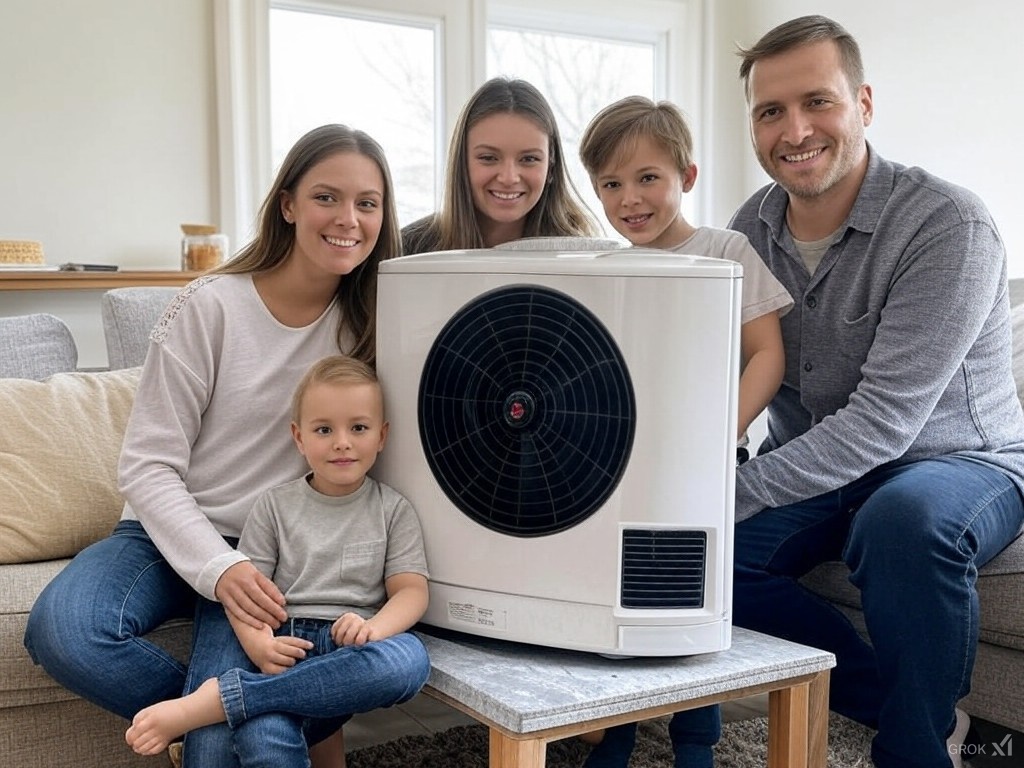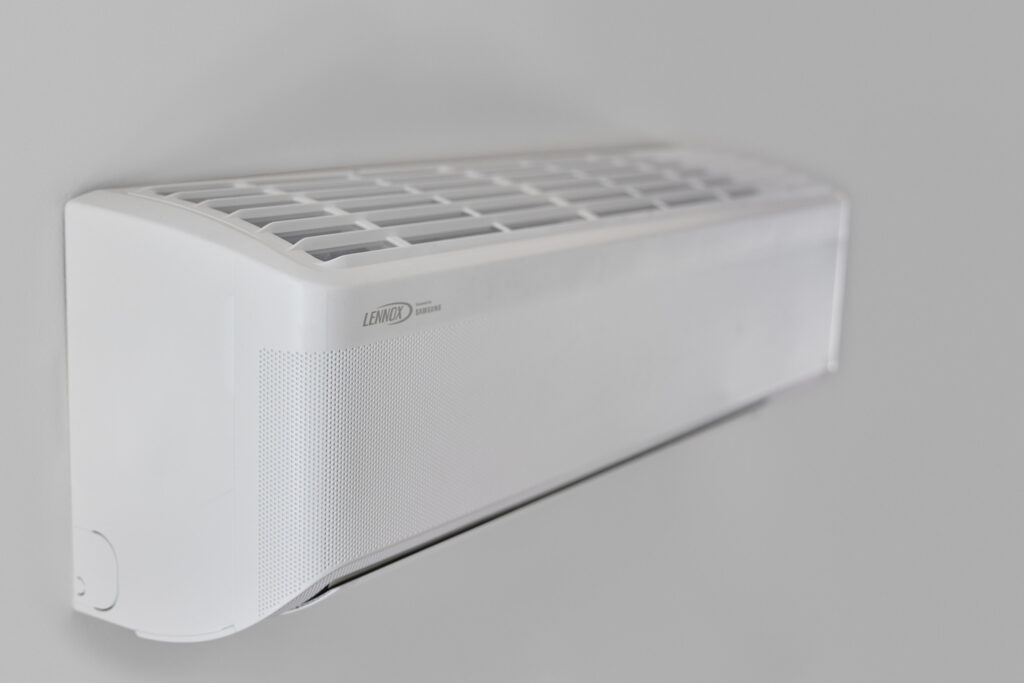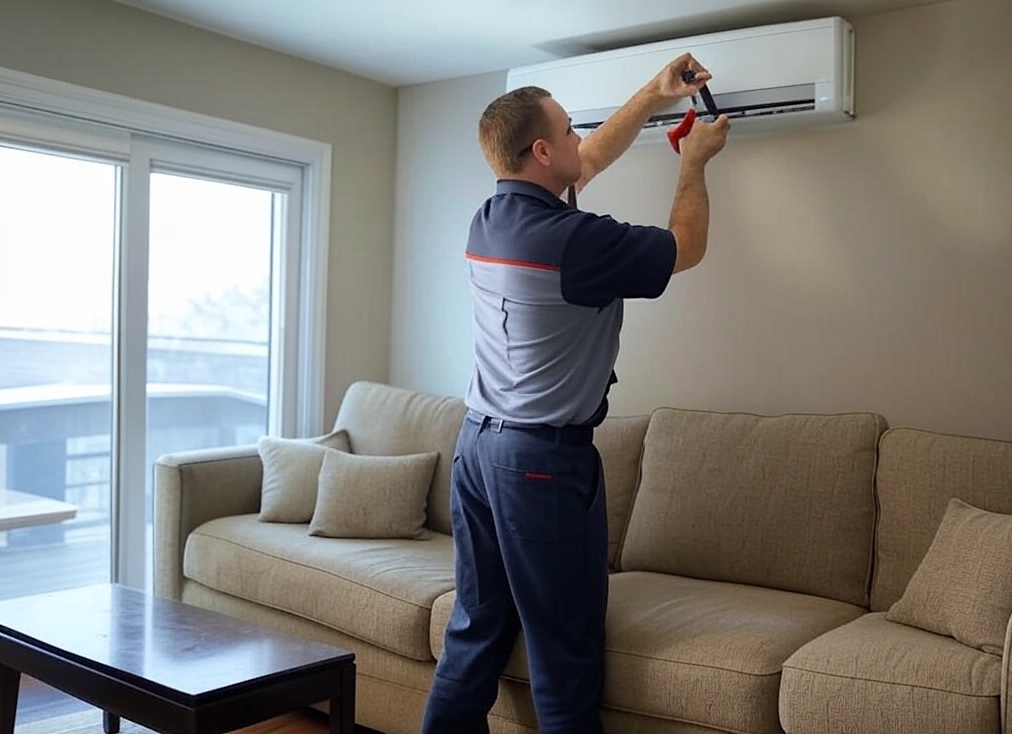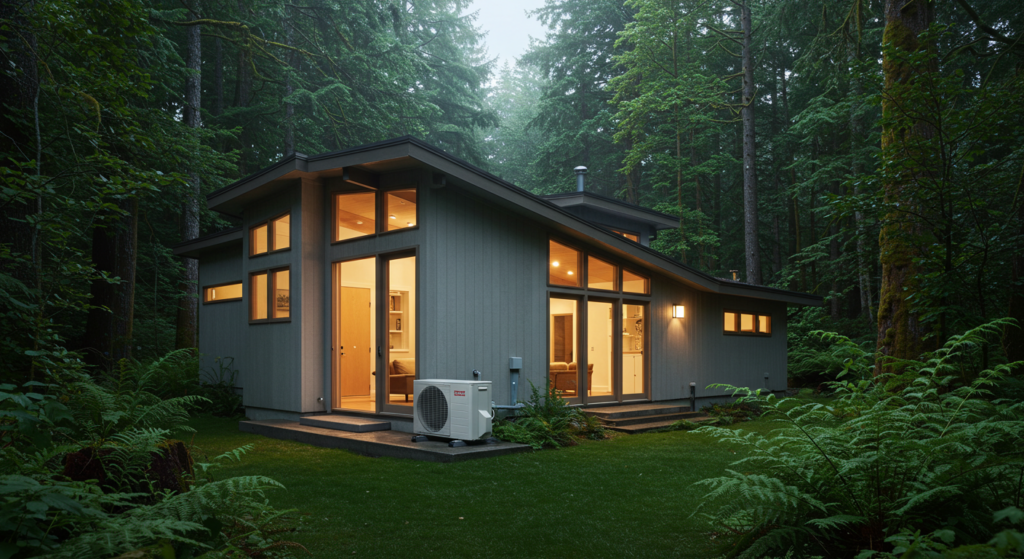For millions of homeowners, the promise of an all-electric home—cleaner, more efficient, and powered by a super-efficient heat pump—has always come with a staggering price tag. Whole-home ducted heat pump projects typically hover around $25,000 to $30,000, making them significantly more expensive upfront than traditional gas furnaces. This cost barrier is the largest hurdle to mass home electrification.
Enter Jetson, a Vancouver-based startup led by Canadian entrepreneur Stephen Lake, who previously sold his smart-glasses company, North, to Google. Lake and his team are applying a Silicon Valley playbook—heavy on software and vertical integration—to the decidedly “unsexy” world of home heating and cooling, with a simple, audacious goal: to cut the cost of a heat pump installation by 30 to 50 percent.

The High Price of Middlemen
To understand Jetson’s disruption, one must look at the traditional HVAC supply chain—a tangled web of markups that inflates the final cost for the consumer.
The old model involves a chain of five players:
- Equipment Manufacturers
- Brands
- Distributors
- HVAC Installers
- Homeowners
At every single handoff, a markup is applied. Jetson’s strategy eliminates nearly all of these middlemen. The company has adopted a vertically integrated approach: It works with an undisclosed manufacturer to build its own hardware, the Jetson Air heat pump; it handles its own warehousing; and crucially, it uses its own in-house installation teams who arrive in company-branded electric vans.
This direct-to-consumer model allows Jetson to offer an average installation cost of just $15,000, roughly half the national average for a whole-home system. In markets with robust incentives, the company’s ability to apply thousands of dollars in state and local rebates upfront can drop the out-of-pocket cost to as low as $5,000 for the customer, making the choice a financial “no-brainer.”
The AI in the Air Handler: Software as the Secret Sauce
The savings aren’t just about eliminating markups; they’re about replacing expensive, time-consuming labor with smart software.
Jetson uses proprietary technology built upon its acquisition of whole-home decarbonization startup Helio Home. This custom software allows the company to perform virtual site visits and accurately size heat pump systems remotely using thermal modeling. This eliminates the need for a technician’s initial, costly trip to the property for a quote. In most cases, the first time an installer comes to a residence is the day of installation.
Furthermore, Jetson’s software directly addresses the notorious complexity of rebates. For many homeowners, claiming incentives requires wading through paperwork and waiting months for reimbursement. Jetson’s software automatically processes available state and local rebates and deducts them from the customer’s bill upfront, simplifying the process dramatically and immediately reducing the financial burden.
The Jetson Air: A Smart, Cold-Climate Machine
Jetson isn’t just selling a better business model; it’s selling a better product designed for the future of the power grid.
The company’s self-branded heat pump, the Jetson Air, is rated for cold climates—comparable to the best models on the market and capable of working in temperatures down to -22°F.
What sets the Jetson Air apart is its built-in software, sensors, and controls. Unlike typical heat pumps, the Jetson system is fully connected, giving homeowners the ability to schedule its operation for off-peak hours when power is cheapest and the grid is less strained.
Perhaps more critically, this connectivity enables novel remote diagnostics. Jetson can monitor a system’s performance in real time: tracking error codes, amperage draws, and even detecting a dirty air filter. This allows the company to proactively address issues and schedule preventative maintenance, ensuring the system runs at 100% efficiency without requiring the customer to pay for a “just in case” service call.
In an industry where innovation is often incremental, Jetson is combining direct sales, sophisticated software, and smart hardware to make heat pumps affordable and efficient. By slashing costs and simplifying the customer experience, the company is poised to accelerate the essential transition of heating systems across the roughly 80 million homes in the U.S. and Canada that still rely on fossil fuels.
